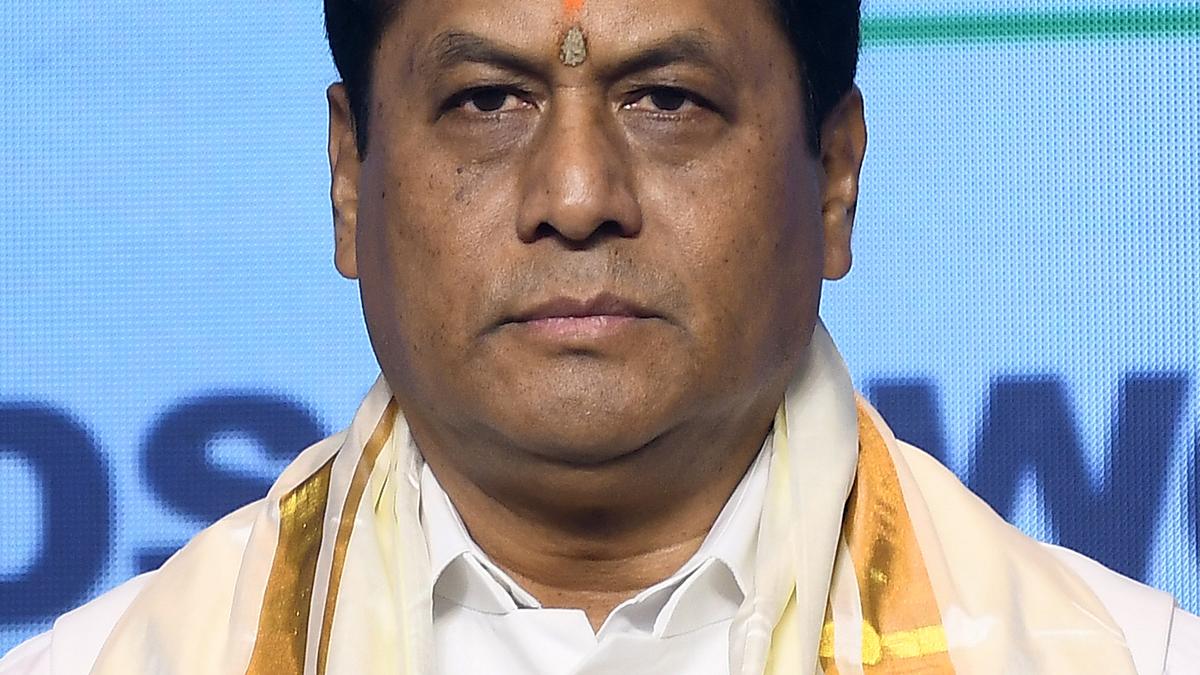HinduBusinessLine
1d
223

Image Credit: HinduBusinessLine
India set to anchor green shipping future; Bharat Global Ports, Bharat Container Shipping Line to lead global maritime ambitions: Sarbananda Sonowal
- India's green shipping future is set to be anchored by Bharat Global Ports Consortium and Bharat Container Shipping Line, aiming to lead global maritime ambitions.
- The Ministry is developing three major ports as green hydrogen hubs, with private sector participation seen in projects at Deendayal Port, Paradip Port, and VO Chidambaranar Port.
- Infrastructure for green hydrogen projects, such as common electrical infrastructure and desalination plants, will be provided by the ports.
- Financial incentives under the Shipbuilding Financial Assistance Policy aim to promote green shipbuilding activities, including higher assistance for green fuel-propelled vessels.
- The Green Tug Transition Programme and the extension of the shipbuilding financial assistance scheme are efforts to reduce carbon emissions in maritime operations.
- The Bharat Global Ports Consortium, led by India Ports Global Ltd, Indian Port Rail & Ropeway Corporation Ltd, and Sagarmala Development Company Ltd, will oversee international port and terminal development.
- The Bharat Container Shipping Line (BCSL) initiative, under the Shipping Corporation of India, aims to boost India's container shipping industry to enhance trade resilience and reduce foreign dependence.
- BCSL plans to own and lease large container vessels to SCI to improve its global competitiveness, as the national carrier currently lacks vessels of the required capacity.
- The Bharat Global Ports Consortium and BCSL projects signify India's strategic focus on expanding its maritime presence and fostering self-reliance in the shipping sector.
- The projects aim to contribute to India's economic growth and support national initiatives like Sagarmala for port and shipping infrastructure development.
- The Bharat Global Ports Consortium's scope includes identifying international port development projects, while SDCL's transition into an NBFC is expected by June 2025.
Read Full Article
13 Likes
For uninterrupted reading, download the app